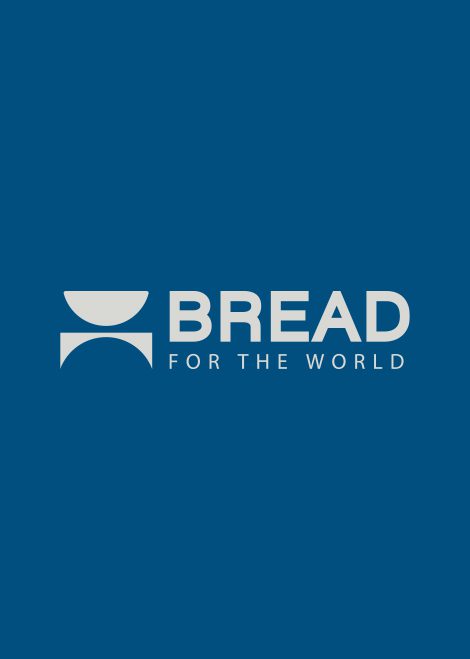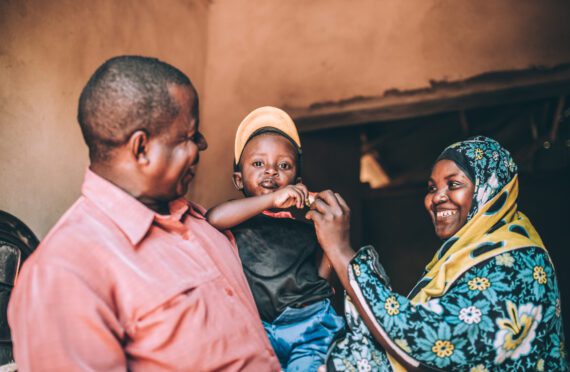The Global Food Security Act, H.R. 1567, unanimously passed out of the House Foreign Affairs Committee yesterday. It authorizes a comprehensive, whole-of-government strategy to address hunger and malnutrition in developing countries.
“We are encouraged by the bipartisan nature of this legislation in the House, which builds upon the success of the U.S. government’s Feed the Future initiative,” said David Beckmann, president of Bread for the World. “Since its creation in 2010, Feed the Future has helped more than seven million small farmers in developing countries increase the amount of food they grow.”
H.R. 1567 also prioritizes country ownership and accountability, sustainable and equitable agriculture development, and improving nutrition for children, especially during the critical 1,000 days of life from pregnancy to age 2.
“Empowering women through this legislation is crucial to ending hunger, since women farmers produce well over half of all the food grown around the world. In sub-Saharan Africa, women produce up to 80 percent of the food,” said Beckmann. “Eliminating barriers for women farmers helps their long-term economic prosperity. It also improves their children’s nutrition, health, and lifelong potential.”
The bill now awaits further consideration by the full House of Representatives. The Senate is expected to introduce its version of the bill in the coming weeks.



